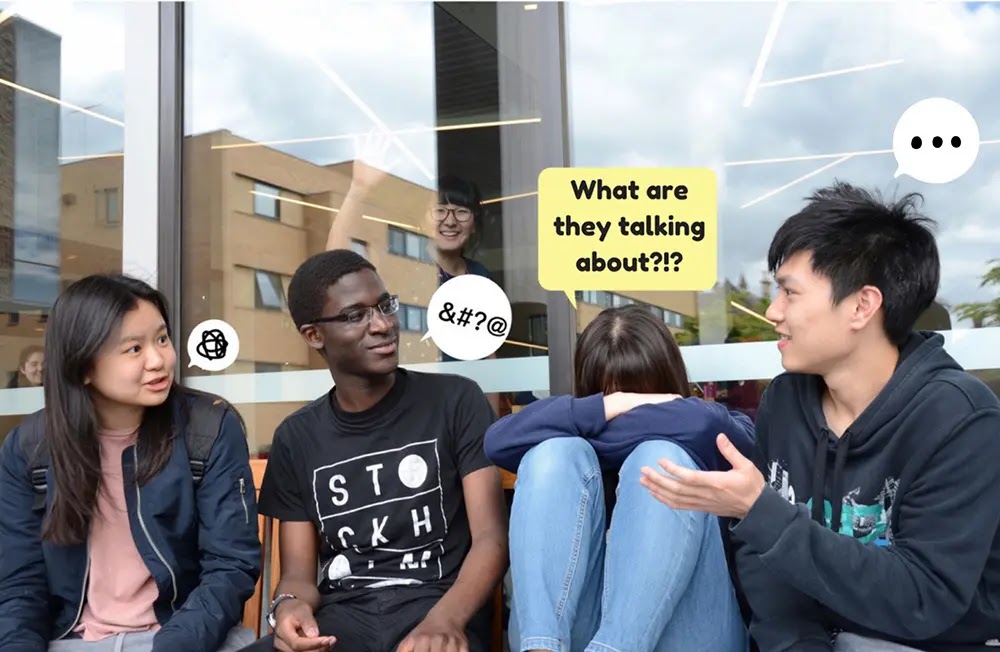Moving to a new country to pursue your education is an exciting but often challenging experience. As an international student, you’re not just navigating a new academic environment; you’re also adapting to a different culture, language, and social setting. Finding friends and building a support system can significantly improve your experience and help you feel at home. Here are some practical tips to help you connect with others and create a network of support.
1. Join Campus Organizations and Clubs
Most universities offer a wide range of student organizations and clubs that cater to diverse interests. Whether you enjoy sports, music, art, or volunteering, there is likely a group for you. Many campuses also have cultural or international student associations where you can meet people from your home country or those interested in learning about your culture. Joining these groups provides an excellent opportunity to make friends with similar interests and ease the transition to your new environment.
2. Attend Social Events and Activities
Universities often host events such as orientation programs, cultural nights, and workshops specifically designed to help students socialize. Take advantage of these opportunities to meet new people and learn more about the community. Don’t hesitate to step out of your comfort zone and introduce yourself to others—most people are happy to connect with someone new.
3. Utilize Online Platforms
Social media and online platforms can also help you find friends and support. Many universities have Facebook groups or WhatsApp chats for international students. Platforms like Meetup can help you discover local events and activities that match your interests. Engaging in online communities before or during your time abroad can help you establish connections more easily.
4. Connect with Your Classmates
Your classmates are a natural starting point for building friendships. Collaborate on group projects, participate in study groups, or simply start a conversation before or after class. Shared academic experiences often lead to lasting connections, and you may find others who share your challenges and goals.
5. Seek Support from International Offices
Most universities have dedicated international student offices that provide a range of services, including orientation sessions, counseling, and social events. These offices can connect you with resources and support networks specifically tailored for international students. Staff members are often experienced in helping students adjust to life in a new country and can offer valuable advice.
6. Volunteer or Get a Part-Time Job
Volunteering or taking on a part-time job can help you meet new people and gain valuable experiences. Many communities have volunteer opportunities where you can contribute to meaningful causes while building relationships with locals and other volunteers. Similarly, working on campus or in your local area can introduce you to peers with whom you share common interests.
7. Be Open to Cultural Differences
Embracing cultural differences is key to forming meaningful connections. Be curious and open-minded about learning new customs, traditions, and perspectives. At the same time, don’t hesitate to share your own culture with others. Mutual understanding and respect go a long way in building friendships.
8. Stay Connected with Home
While forming new friendships is important, maintaining connections with your family and friends back home can provide emotional support and stability. Regular communication can help you navigate feelings of homesickness and keep you grounded as you adjust to your new environment.
9. Practice Patience and Persistence
Building friendships and support systems takes time. Don’t get discouraged if you don’t find your circle immediately. Keep attending events, reaching out to people, and participating in activities. Over time, you’ll develop meaningful connections that enhance your experience as an international student.
Conclusion
Finding friends and support as an international student is an essential part of adapting to life in a new country. By being proactive, open-minded, and engaged in your university and local community, you can create a strong network that enriches your time abroad. Remember, many others are in the same position as you, and a warm smile or friendly conversation can be the start of a lifelong friendship.
